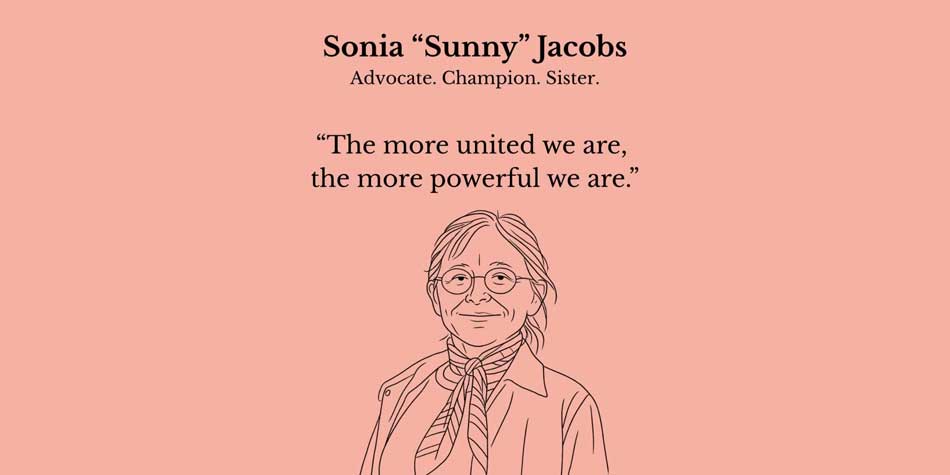Spain and world academics join forces against the death penalty
Advocacy
Opening the International Colloquium for the Universal Abolition of the Death Penalty in Madrid on December 9, 2009, the president of the Spanish Government, José Luis Rodríguez Zapatero, said Spain would campaign to achieve a global moratorium on the death penalty by 2015.
He also told the 40 experts in human rights and the death penalty in attendance that the 2010 Spanish presidency of the EU Council would propose the provision of judicial and diplomatic assistance to European citizens under threat of the death penalty in any part of the world.
He announced that an International Commission against the Death Penalty will be created by the second semester of 2010. The Commission will comprise personalities from all over the world and demand “the universal, immediate and definitive proscription” of capital punishment against juvenile offenders, pregnant women and mentally ill people.
Zapatero affirmed in his speech that human rights “are universal” and that the violation of these rights cannot be permitted “in any part of the world”.
Benin “an example for Africa”
Minister for Justice, Francisco Camaño; Ombudsman, Enrique Múgica; and Judge Baltasar Garzón were all present at the inauguration; as was Thomas Yayi Boni, the president of Benin, whose Government has just backed a constitutional reform in favour of the abolition of the death penalty.
Yayi promised to support the Spanish president in his initiative for the universal abolition of capital punishment and expressed his “admiration for this goal”, which he described as “a great statement in favour of human dignity”.
Zapatero referred to Benin as an “example for Africa”.
Academic Network launched
The conferences organised as part of the colloquium then attracted high-level academics and legal experts from all over the world.
Sylvia Steiner of the International Criminal Court and Nigel Rodley of the United Nations Human Rights Committee analysed the abolition process in Europe’s history.
Sergio García Ramírez of the Inter-American Court of Human Rights took an uncompromising stance: “In no democracy is the death penalty acceptable.” However, Peter Hodgkinson, Director of the Centre for Capital Punishment Studies, argued that abolitionist should offer “real alternatives” to retentionist countries if they are to achieve a change in their position.
French judge, Simone Rozés, the honorary president of the International Society of Social Defence announced the inauguration of an Academic Network for the Abolition of the Death Penalty with the support of the Spanish Government.
The network, an initiative of the Institute of Criminal Law at the University of Castilla-la-Mancha, will coordinate the efforts of some of the most renowned academic experts on the death penalty to design viable abolitionist strategies.
The participants acknowledged the need for different strategies in different cultural contexts. On that basis, the network will seek to analyse and disprove retentionist theories through rigorous empirical research which reinforces abolitionism.
“It is necessary to design different strategies for the same goal: the abolition of the death penalty,” said José Luis Guzmán Dálbora of the University of Chile.







